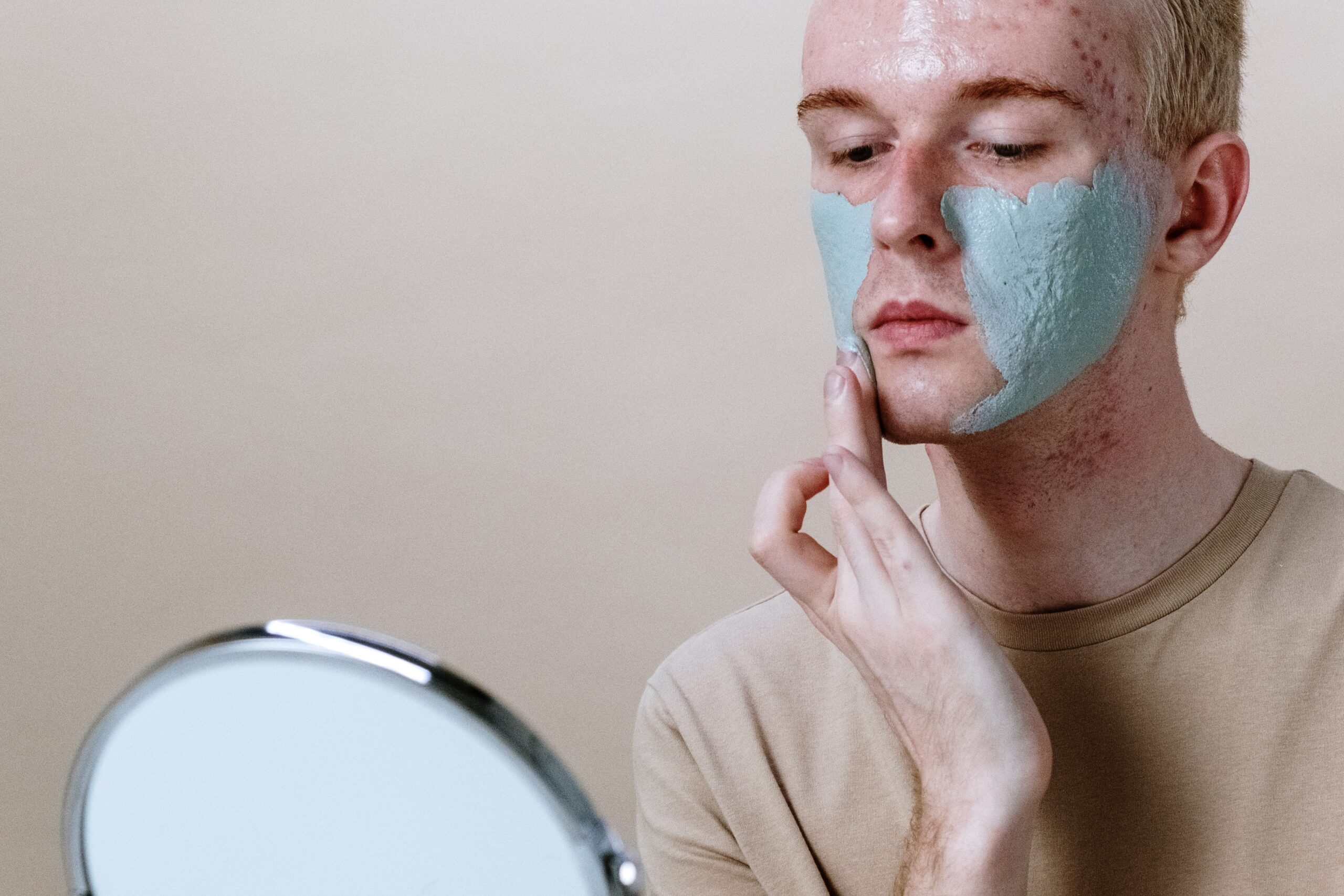
Herbal Treatments for Acne
Many herbal and alternative therapies have been used to treat acne, and most of these treatments are easily tolerated. At present, there are several herbal, organic, as well as natural over the counter products that are sold for the prevention and treatment of cystic acne.
The efficiency and effectiveness of many herbs and medicinal plants for the treatment of acne have been studied or reviewed.
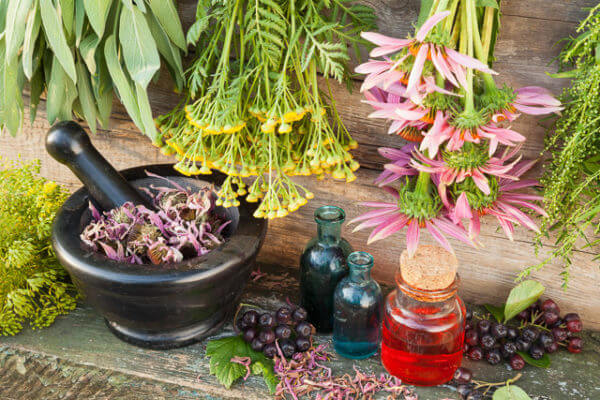
However, some limited research and clinical trials have been performed on these treatments and the level of success or effectiveness for fighting acne or cystic acne is yet to be confirmed.
Several types of herbal drugs and medications are utilized for the treatment and management of severe forms of acne. Some of the herbal drugs as well as medications which have shown to be effective in the treatment of acne include the following:
- Aloe Vera
- Amaranth
- Arnica
- Asparagus
- Barberry
- Basil
- Birch
- Bittersweet nightshade
- Brewer’s yeast
- Burdock
- Calendula
- Celandine
- Chaste tree
- Chaste berry
- Coriander
- Curcumin
- Green Tea
- Guggul
- Jojoba oil
- Kali bromatum
- Labrador tea
- Lavender
- Liquorice
- Mint
- Neem
- Orange peel
- Pine
- Poplan
- Rhubarb
- Rose
- Saw palmetto
- Soapwart
- Stinging nettle
- Tea tree oil
- Thyme
- Turmeric
- Usnea Barbara
- Viola
- Walnut
- Willow bark
Herbal therapy for acne has been used since ancient times for the prevention, management as well as treatment of acne. These herbal treatments are available in the form of several kinds of herbal extracts, oil, topical and oral ayurvedic formulations. The use of these unique herbal products in the management and treatment of cystic acne might offer several kinds of benefits as compared to other traditionally used treatment options as well as therapy.
Many of these herbal medications and extracts from medicinal plants have been found to have a significant effect against several types of Gram-positive as well as Gram-negative bacteria. Sunder Vati, which consists of an ayurvedic formulation has been documented as being an effective oral remedy which is well tolerated and has no side effects when used in the management and treatment of stubborn types of acne that are not responding to other treatment. Purin tablets, as well as Klarina cream-based formulations that have several herbal extracts as active ingredients, work particularly well in the treatment of moderate and severe types of cystic acne. In comparison with most modern medical treatment options these two products have no side effects nor produce excess of skin drying or other unwanted issues when used in the treatment of acne.
Some of the presently used herbal extracts like A. dahurica, R. coptidis and Psidiumquajava, have proven to be much more efficient than conventional antibiotics and retinoids utilized in the treatment and management of cystic acne. These two herbal agents in acne treatment are effective due to their antimicrobial activity, as well as their antioxidant and anti-inflammatory characteristics. They are able to inhibit the neutrophil migration during the development of acne.
A few research studies have shown that applying tea tree oil to the skin may also be effective. Other herbal treatments include topical and oral ayurvedic compounds, oral barberry extract, and gluconolactone solution.
Herbal extracts, as well as oil obtained from medicinal plants, can be utilized in monotherapy or together with other conventional acne medication. It has been found that when a concentration of 2% ocimum oil is realized in conjunction with aloe vera gel, the impact against acne becomes much higher because of the synergistic effect that these two herbal agents show when used together with each other.
Most of the herbal agents and drugs used in the treatment and management of acne tend to have little to no significant side effects or at least very little compared to conventional antibiotics or other medicines such as isotretinoin. Therefore, the use of natural substances that have been obtained from any herb or medicinal plant which shows significant antibacterial as well as anti-inflammatory action has found to be quite safe and highly effective in the treatment of moderate to severe acne.
Some herbal extracts that are useful in acne treatment and more important herbal formulations are discussed below.
Barberry
The main active ingredient of barberry is the alkaloid berberine. Berberine has been found to have anti-inflammatory, antibacterial, as well as androgen inhibition characteristics.
The initial research done with this compound show that it has the capacity to inhibit the skin cell processes which lead to the formation of comedones in acne. As a matter of fact, research done using laboratory animal models has shown that the compound berberine is able to suppress the secretion of sebum by more than 60%.
Laboratory research has also shown that two other barberry alkaloids namely berine and jatrorrhizine show antibacterial activity against a number of bacteria, including P. acnes. If this herbal compound is used as recommended, their alkaloids are in general not toxic. However, if taken in excess or in very high amounts, they can cause severe, sometimes fatal poisoning. Pregnant or nursing women are not advised to consume any herb which has berberine since it has been known to be the cause of a very severe, potentially fatal type of jaundice.
Some other herbs that have berberine are goldenseal and yellow root. The long-term use of topical use of barberry might result in skin irritation, but creams which have berberine as the active ingredient may be utilized for a maximum of 20 days without having any undesirable side effects.
Guggul (Commiphora mukul)
Guggul extracts seem to exhibit anti-inflammatory and antibacterial properties that may benefit acne patients. Research done so far indicates that guggulipid is able to decrease the production of sebum and also carries out blockage of bacterial metabolism of triglycerides, which has a vital role in the development of cystic acne. The extract from this herb has been shown to be very effective in patients with oily skin, as such patients responded well to acne treatment using guggulsterone.
Tea Tree Oil
Tea tree oil is extracted from the leaves of the tea tree. Some research studies have validated the fact that tea tree oil has a fair degree of antibacterial activity that acts against harmful bacteria and at the same time does not damage the normal, healthy skin bacteria.
The antibacterial activity of tea tree oil has been found to also inhibit the growth of the gram-positive bacteria Propionibacterium acnes that is related to the development of
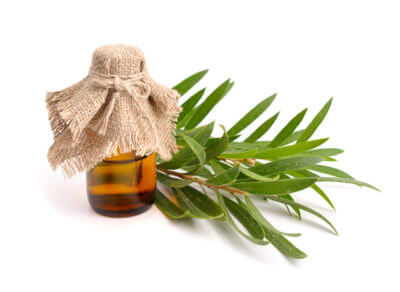
cystic acne. In many research studies, this extract has also been shown to kill Staphylococcus aureus as well as methicillin-resistant Staphylococcus aureus (MRSA). It has also been from shows some activity against the herpes simplex virus.
Tea tree oil is an active ingredient that has anti-inflammatory characteristics and is a part of many over the counter acne face packs. A few clinical research studies have published data which show the effectiveness of tea tree oil in the treatment and management of acne without any side effects.
Turmeric (Curcuma longa)
Turmeric’s main biologically active ingredient is curcumin. Turmeric is known to be safe for consumption in small amounts. It is used in food items or used in topical applications in medicinal amounts.
Several research studies have shown that curcumin has highly potent antioxidant, wound-healing as well as anti-inflammatory characteristics. These properties are of high therapeutic value for the management of severe acne.
Turmeric has been known to result in atopic dermatitis in a smaller percentage of people. When it is used topically, turmeric is seen to cause a temporary yellow stain on the skin and in people with very light skin color. When this herbal extract is used in the form of a topical acne remedy, it is usually mixed in water or honey to make a paste which is used on the acne affected skin directly. Turmeric is also an active ingredient in many over the counter creams and face packs used for the treatment of acne.
Saw palmetto (Serenoarepens)
Saw palmetto is known as an anti-androgenic compound since it inhibits the reduction of the enzyme needed for converting testosterone into dihydrotestosterone (DHT). DHT is found to have an impact on the production of sebum in the sebaceous glands. A decrease in the amount of DHT is helpful in reducing the excessive oil which causes the development of cystic acne.
Notably, when excess androgen hormones are known to be the cause of acne (for example in women suffering from polycystic ovary syndrome), herbal practitioners usually makes use of saw palmetto as the first line of treatment.
Latest articles

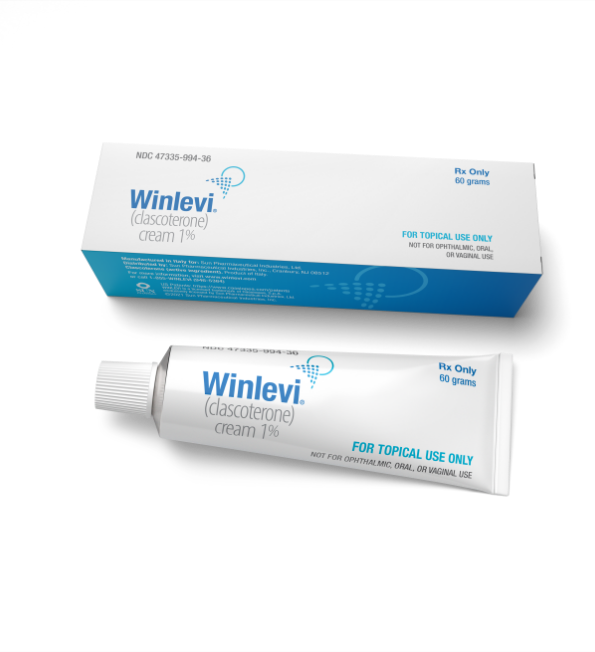
Hormonal Acne Treatment with Topical Creams
Acne Expert Staff
August 5, 2023
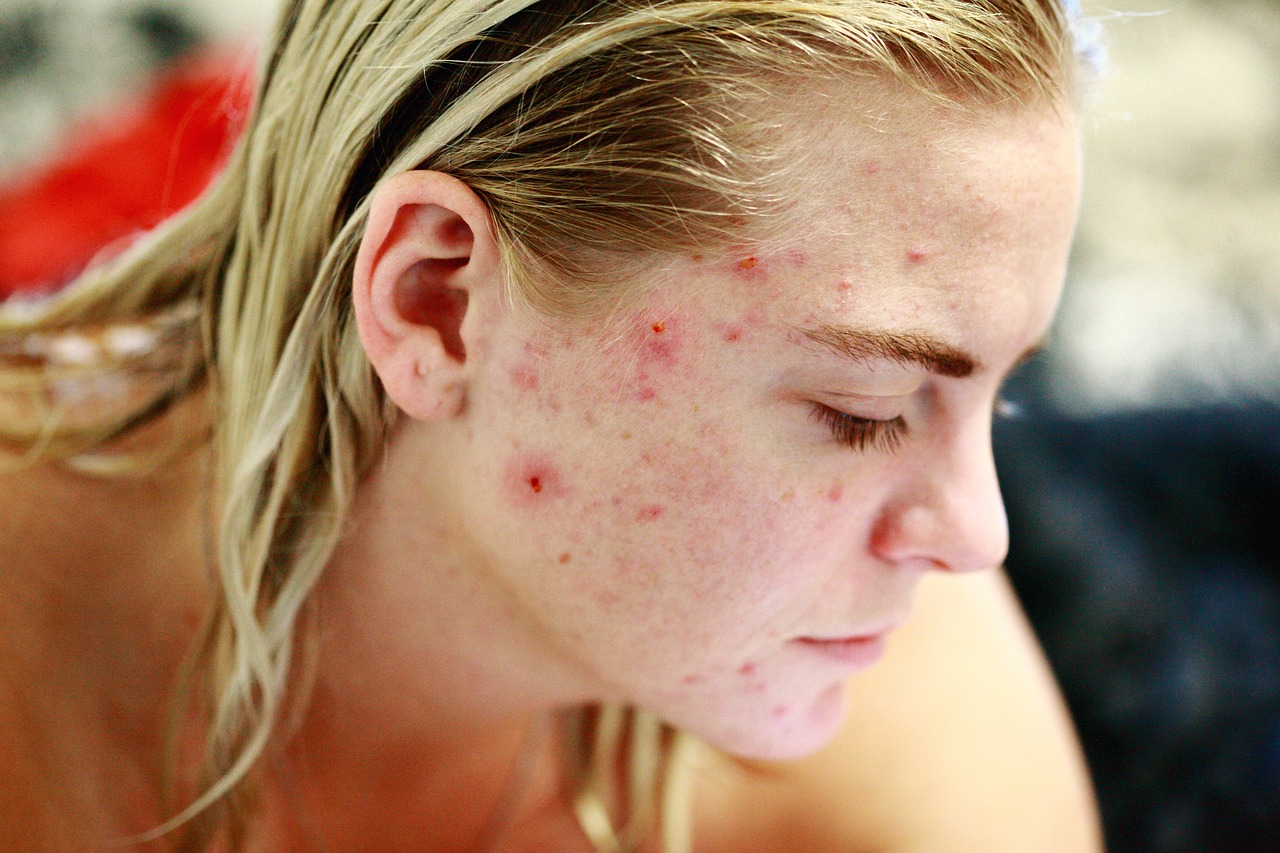
Cystic Acne on the Back: Best Treatment Options
Acne Expert Staff
August 5, 2023
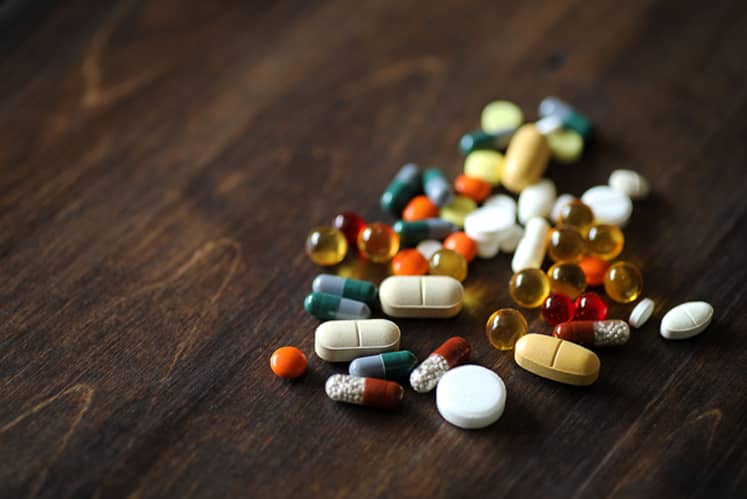
Top Supplements for Treating Cystic Acne
Julia Thompson
August 4, 2023
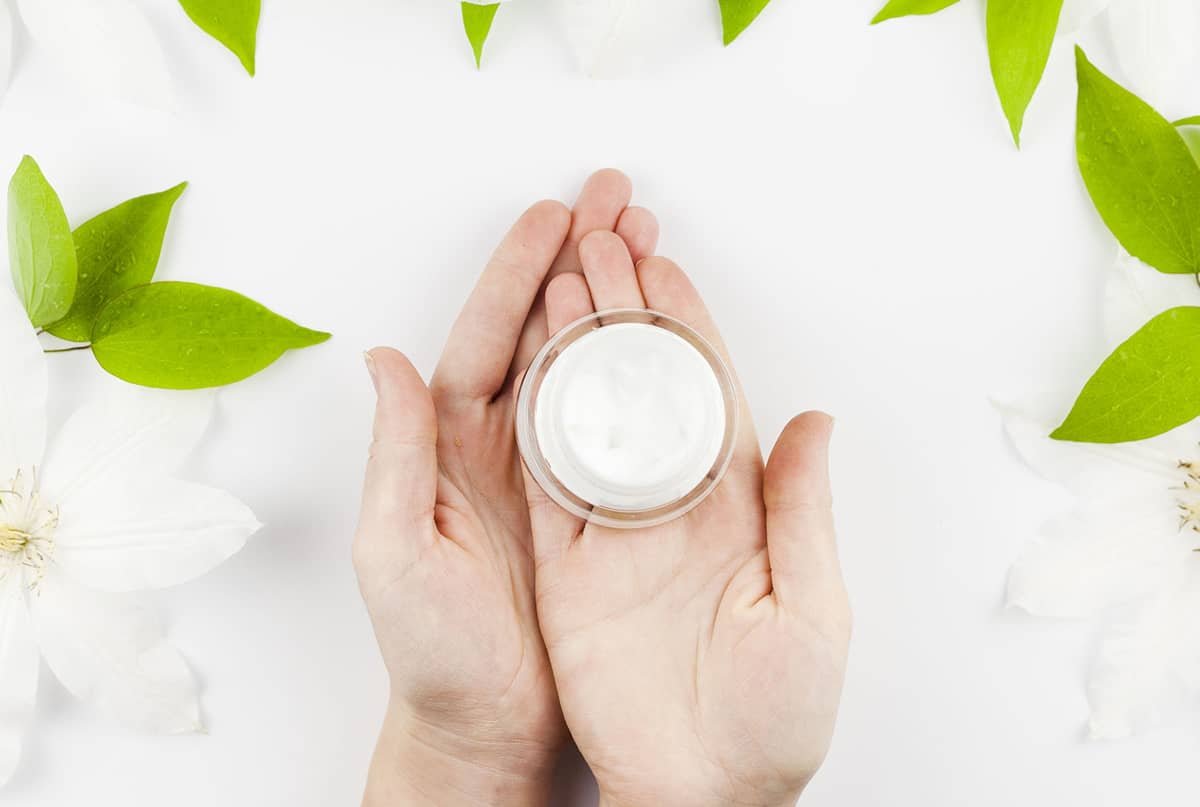
Acne Prevention Through Proper Hygiene: A Comprehensive Guide
Julia Thompson
August 3, 2023
Recommended For You
Menu